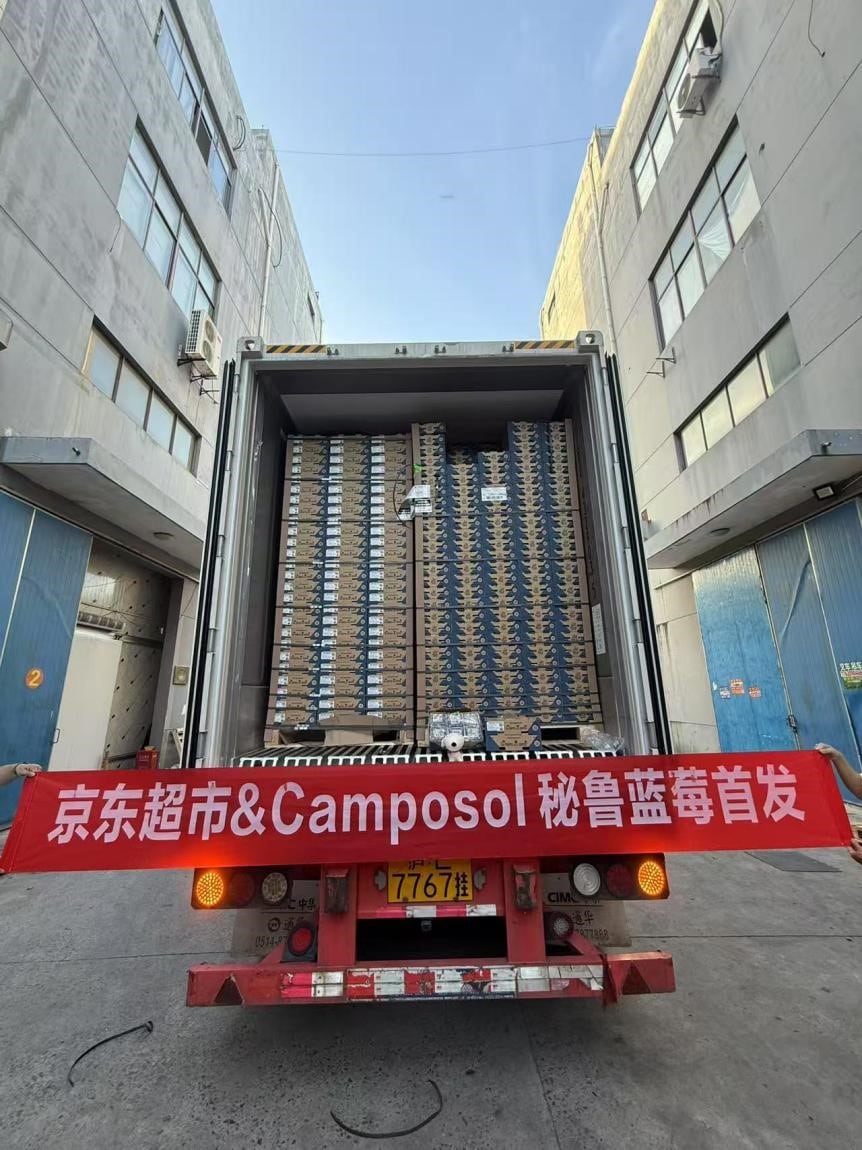Nov 23, 2018|
From Competitors to Allies: Chinese Bookstores Get a Boost From JD.com
Traditional brick-and-mortar bookstores around the world are facing challenges of declining traffic and sales amid fierce competition. Now, in China, traditional bookstores are experiencing a revival thanks to e-commerce giant JD.com.
JD.com, China’s largest retailer, has its own significant online book business. But the company is also providing solutions for book procurement, logistics and technology to 49 offline book stores, including Yitiao and AIO SPACE , part of JD’s “Retail as a Service,” or RaaS, strategy. Under the strategy, the company has provided a wide array of technology and services to companies ranging from consumer goods manufacturers to restaurants and other retailers.

Using technology developed for JD’s own e-commerce business, the company is helping to modernize supply chains and increase sales for the offline stores. Tangning Books, a bookstore in Guangzhou with two locations, for example, managed a dizzying array of more than 60 book suppliers before partnering with JD on May 15, 2017. The companies worked together to source all the books from JD.com’s inventory, with replenishment services from JD’s nationwide, in-house logistics network every week, significantly saving on labor costs and delivery delays. Sales grew 30% from May to the end of December in 2017, and profits grew 17% over the same period.
Since the partnership began, Tangning Books has reduced turnover to 220 days from over one year. Using JD’s big data analysis capabilities, the store now also has insight about customer buying behaviors, and chooses book assortments tailored to its customer base, leading to more sales.
“Without the help of JD’s technology and supply chain expertise, our business would have no competitive advantage in the traditional mode,” said Ningxin Lu, Founder of Tangning Bookstore.
“Now with the backing of e-commerce technology, we see a bright future for the offline book business.”
Another pain point for offline book stores is that they can’t stock every book customers may ask for in their limited space. Tangning Books lets customers scan QR codes for books they can’t find in store to have the books delivered within 24 hours from JD.com’s deeper inventory instead. In this way, the companies work together to create an “endless aisle” of choices for customers while JD shares profits from the sales with Tangning.
“Offline bookstores are just one example of the many industries where JD’s expertise in supply chain and inventory management, big data and technology can benefit other companies and industries, beyond JD’s own platform,” said Haifeng Yang, general manager of the Value Supply Chain Department at JD Logistics.
JD’s RaaS solutions have helped a number of companies, even beyond retail. Wang Shun Ge, a famous restaurant chain in China, has cut delivery costs to its restaurants by 50%, while getting faster shipments, since beginning to using JD for digital procurement of kitchen ingredients and logistics in 2017.







 JD.com Recognized for Cloud Native Open Source Technology Usage with CNCF Top End User Award
JD.com Recognized for Cloud Native Open Source Technology Usage with CNCF Top End User Award



